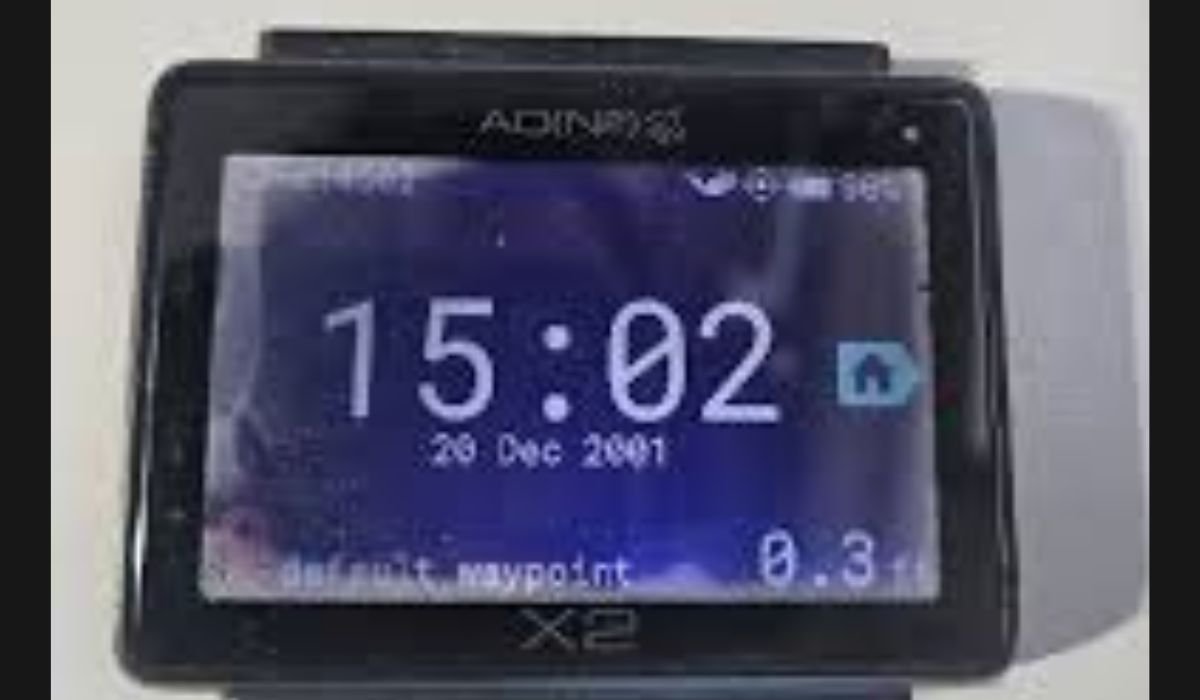In the age of connectivity, receiving a call from an unfamiliar number can be unsettling. The number 1866 3688266 has been a topic of concern for many, leaving countless people wondering about its legitimacy. Understanding the nature of this number is crucial for scam awareness, as it empowers individuals to recognize potential threats and protect themselves. This blog post aims to demystify 1866 3688266, exploring its origins, associated risks, and strategies for safeguarding against scams. Whether you’re a seasoned scam awareness advocate or someone new to the topic, this guide will provide valuable insights and actionable advice.
Unraveling the Mystery Behind 1866 3688266
The number 1866 3688266 has appeared on many people’s call logs, often leading to confusion and suspicion. To better understand its significance, we need to explore its origins. Toll-free numbers in North America usually start with prefixes like 800, 888, 877, and 866. These numbers are often used by businesses to provide customer service without charging the caller. However, not all toll-free numbers are legitimate, and some can be used for deceptive purposes.
When it comes to 1866 3688266, there is limited information publicly available about its origins, leading to speculation and concern. Some individuals have reported receiving repeated calls from this number, often with no voicemail left behind. Others have experienced unwanted solicitations or requests for personal information. These common scenarios raise red flags and highlight the importance of being cautious when dealing with unknown numbers.
Understanding the background of 1866 3688266 can help individuals make informed decisions about how to handle these calls. By staying alert and informed, you can better protect yourself from potential scams and safeguard your personal information.
Recognizing the Risks and Signs of Scams
To identify potential scams, it’s essential to recognize red flags associated with calls from unknown numbers. There are several signs that may indicate a call is not legitimate. For example, calls that request personal or financial information should be met with skepticism. Legitimate businesses typically have secure methods for collecting such information and will not ask for it over the phone.
Specific risks associated with calls from 1866 3688266 may include attempts to extract sensitive information or trick individuals into making payments. Scammers often employ tactics like posing as representatives from well-known companies or government agencies to gain trust. They may also use fear-based tactics, such as threatening legal action or fines, to pressure individuals into compliance.
By understanding these risks, you can better prepare yourself to handle suspicious calls. Always trust your instincts, and remember that it’s better to err on the side of caution than to fall victim to a scam.
Protecting Yourself from Potential Scams
Safeguarding against phone scams requires a proactive approach. Here are some best practices to help protect yourself:
- Verify the Caller: If you receive a call from an unknown number, do not provide any personal information. Instead, ask for the caller’s name, company, and a callback number. Verify this information independently before proceeding.
- Use Call Blocking Features: Most smartphones have call-blocking features that allow you to block unwanted numbers. Consider using these features to prevent repeated calls from suspicious numbers like 1866 3688266.
- Be Cautious with Personal Information: Avoid sharing sensitive information over the phone, especially if you did not initiate the call. This includes your Social Security number, credit card details, and passwords.
If you’ve fallen victim to a scam call, take immediate action. Contact your bank or financial institution to report any suspicious activity. Additionally, file a report with the Federal Trade Commission (FTC) to help prevent future scams.
Community Insights and Experiences
One of the most valuable resources in the fight against phone scams is the collective wisdom of the scam awareness community. Many individuals have shared their experiences with calls from 1866 3688266, providing valuable insights into how to handle such situations.
For example, some individuals have reported that simply not answering calls from unknown numbers has helped them avoid potential scams. Others have found success in using third-party apps that identify and block scam calls automatically.
By sharing stories and strategies, the community empowers itself to stay vigilant and informed. Engaging with others who have faced similar situations can provide validation and support, reinforcing the importance of scam awareness.
YOU MAY ALSO LIKE: Decoding 978-444-5700 Is It a Legit Call or a Scam?
Conclusion
In conclusion, understanding the nature of calls from 1866 3688266 is crucial for scam awareness and protection. By recognizing the risks and red flags associated with unknown numbers, you can take proactive steps to safeguard your personal information. Empower yourself with knowledge, and don’t hesitate to share your experiences and insights with the community. Together, we can create a safer environment for all.
FAQs
- What should I do if I receive a call from 1866 3688266?
If you receive a call from this number, do not provide any personal information. Verify the caller’s identity independently and consider using call-blocking features on your phone.
- Are calls from 1866 3688266 always scams?
While not all calls from this number may be scams, it’s essential to exercise caution and verify the legitimacy of the caller before sharing any information.
- How can I protect myself from phone scams?
Use call-blocking features, verify caller information independently, and avoid sharing sensitive information over the phone unless you initiated the call.
- What are common tactics used by phone scammers?
Scammers often pose as representatives from well-known companies or government agencies, use fear-based tactics, and request personal or financial information.
- Where can I report a phone scam?
You can report phone scams to the Federal Trade Commission (FTC) through their online complaint form or by calling their hotline.











